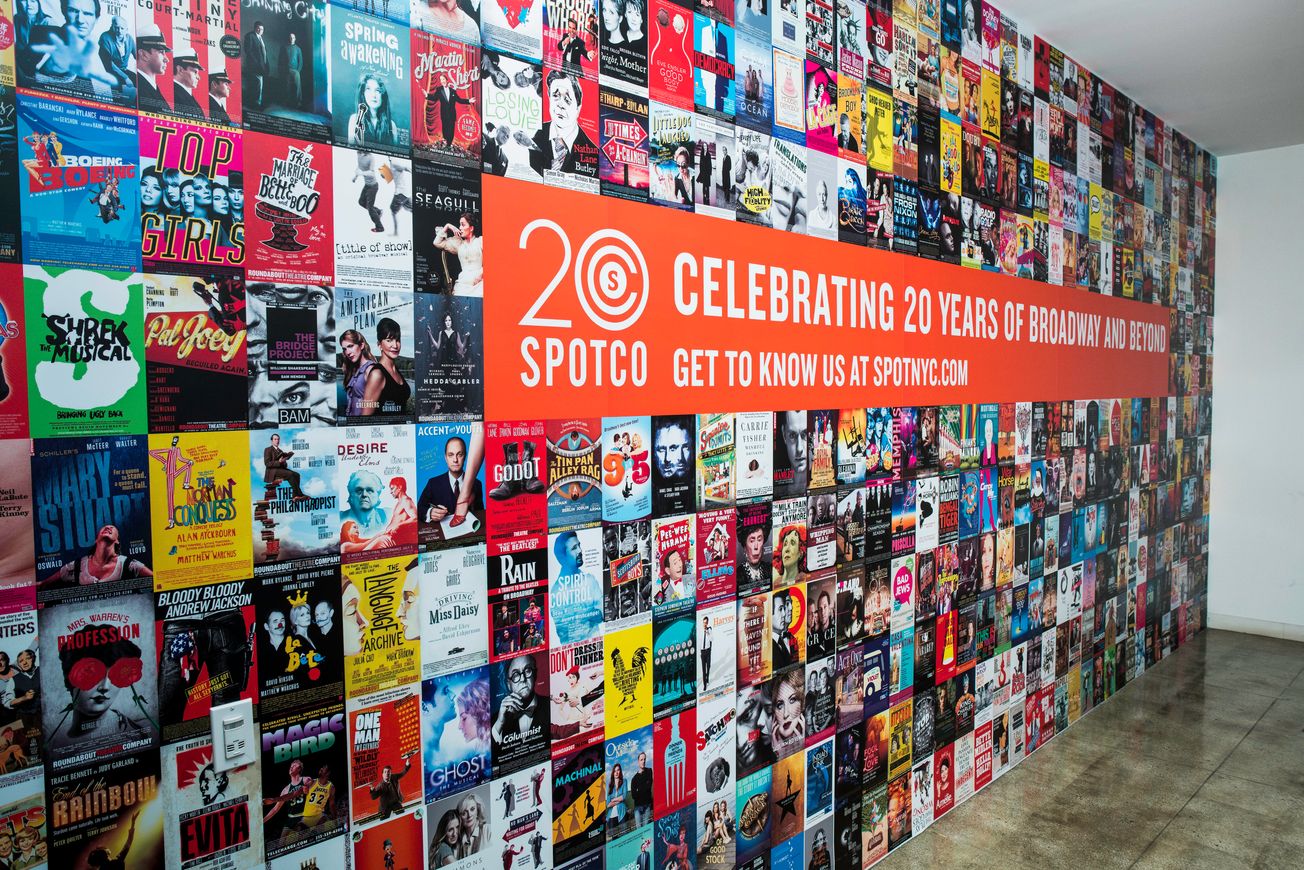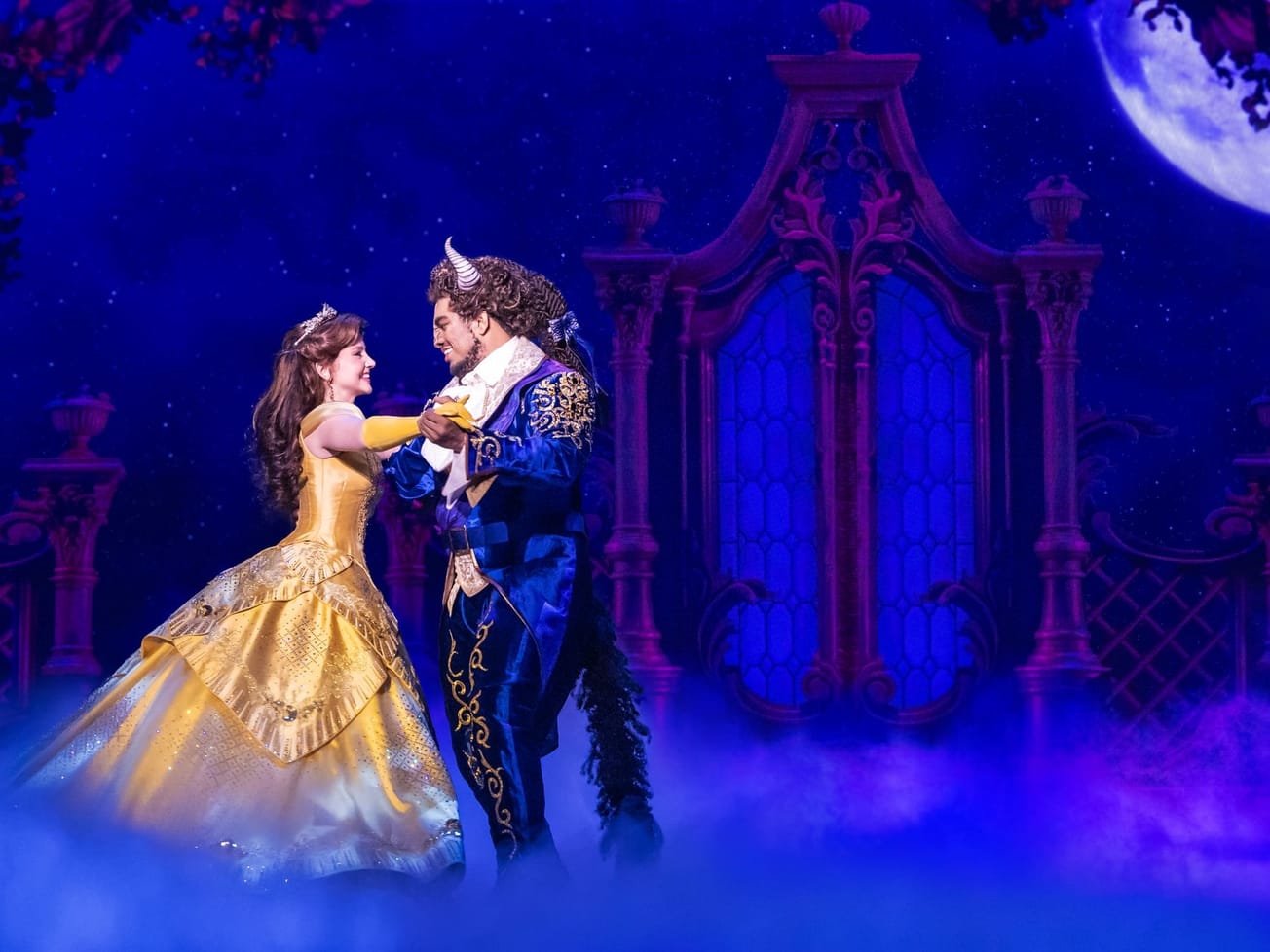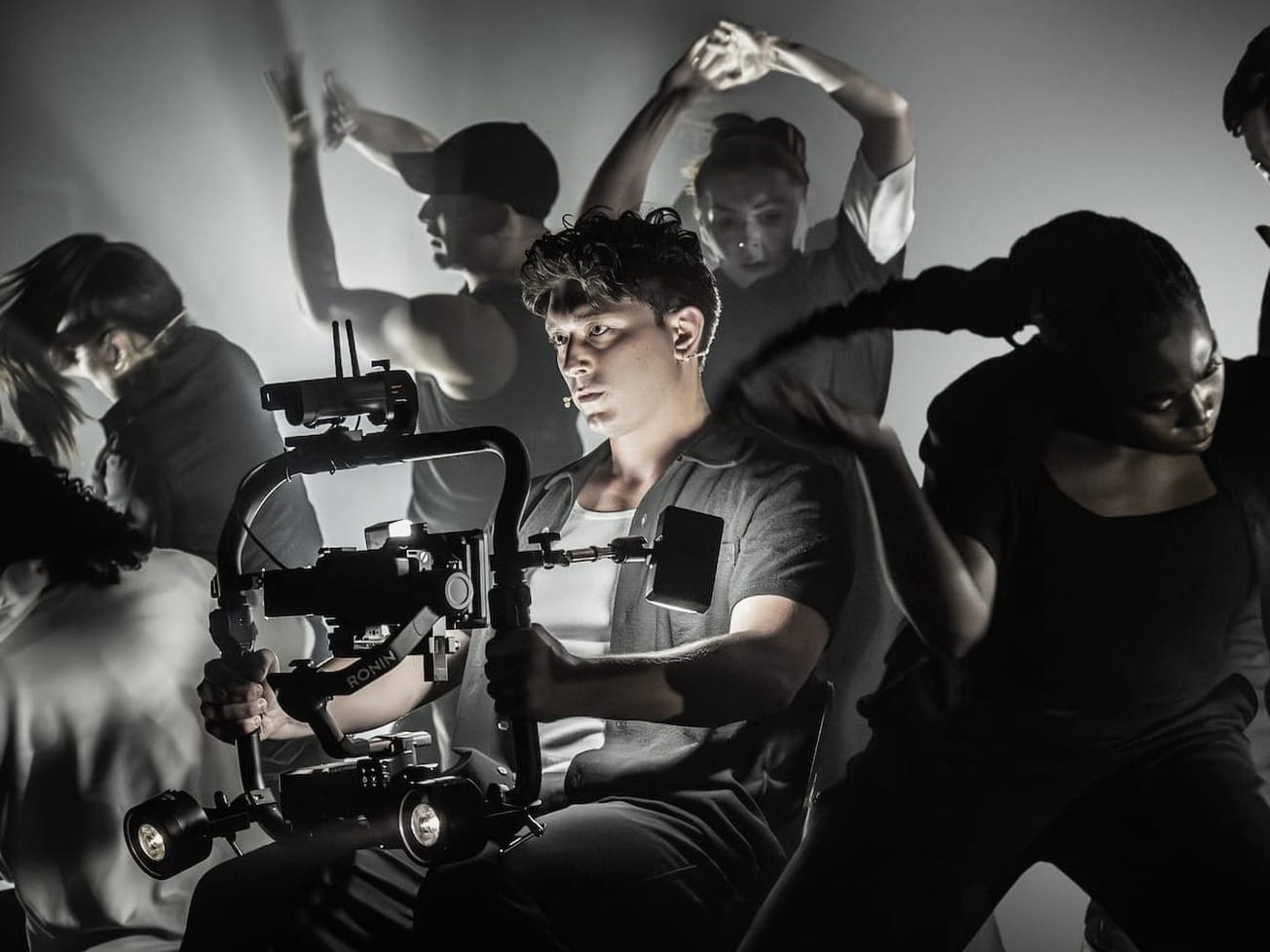After 20 years working on Broadway, advertising agency SpotCo can make some predictions about what’s to come in the advertising industry.
The first is an increased use of online influencers to target ticket buyers.
“In many ways, it’s a paid version of word of mouth,” said Kristen Rathbun, vice president of partnerships at the company.
SpotCo’s move toward more targeted, digital advertising methods comes after the agency evolved out of the gritty, photo-based ads founder Drew Hodges pitched for “Rent.” Alongside the changing digital landscape, SpotCo has expanded into a multifaceted agency, adding an in-house interactive department and direct mail department, while keeping an eye on the evolving media consumption of the Broadway ticket buyer.
As it has been for decades, word of mouth continues to reign supreme as a means to get consumers to buy tickets. Now, SpotCo is trying to further that idea by calling on what Rathbun calls “micro-influencers,” or those people online who may have 10,000 or fewer followers, but have a very targeted community outside of a typical Broadway audience.
SpotCo provides some talking points about the show and then asks the influencers to create related content that is still in line with their brand.
For example, when marketing the Broadway musical “King Kong,” SpotCo reached out to three YouTube influencers to tap into “nerd culture.” This resulted in a video listicle about the top 10 alternate versions of “King Kong,” a video on what it means to have a monster as a protagonist and a review of the original “King Kong” film, all of which mention the Broadway show.
The influencers are typically paid to post about the show or make a video about it. In some cases, the influencer is not paid, but instead is given an “experience,” such as a backstage tour followed by dinner and then chronicles the experience.
Advertising agencies have been increasingly courting customers via social media and through the creation of viral videos or events. Recently, alongside the team for the “Mean Girls” musical, SpotCo opened the box office for the show with a cheese fries truck — a food referenced in the film — helmed by creator Tina Fey. Last year, the agency also took part in the creation of the “Just Pee” video with the “Kinky Boots” cast, which offered the show’s take on the transgender bathroom bill that was being proposed at the time.
The truck and the video may not necessarily cause people to buy tickets at that moment, but may help convince them later on, Rathbun said.
“Our whole job is hitting the ticket buyer in the right space at the right time, and that’s not a one-shot deal,” she said.
The shift toward digital also means a move away from more traditional advertising. Jim Edwards, chief executive of SpotCo, says that the agency used to plan campaigns around placing ads in The New York Times, in an effort to reach key ticket buyers. Now, as print subscriptions decline and thus fewer readers are seeing the ad, placing in an ad in the paper functions as a part of the show’s branding or as a “declaration of quotes,” after the show opens, rather than a means to sell tickets.
“At some point, the print ad will no longer exist,” Edwards said.
To determine the right steps to take for the shows they market, SpotCo pulls together a pitch with the agency adage of looking at the nonevent — aspects of the show that may discourage consumers from buying tickets — versus the event, emphasizing why the show should be seen.
That is, in the case of shows like “Fun Home,” which could have been weighed down by a dark storyline, the agency leaned into its acclaim, garnered from its run at The Public Theater, as well as the team behind it, billing it as a “must-see.”
SpotCo also led the charge on campaigning for Tony Awards, a practice which Edwards says has had an evolution.
With “Avenue Q” opening close to 11 months before that the 2004 Tony Awards, the agency created the idea of campaigning for a Tony Award to keep the show relevant. In addition to taking out ads that welcomed each new musical that season to Broadway, the musical made campaign buttons and sent out CDs with a promotional song — Edwards said they also briefly considered sending out pizzas to all the Tony voters, but thought that was a step too far.
In the case of “Avenue Q,” that campaigning worked out. However, as more shows have begun campaigning for Tonys, Edwards said he is not sure whether it is still effective.
But he understands why everyone still does it.
“A producer wants to make sure that they leave no stone unturned, and however they feel comfortable doing that, that’s what they do,” Edwards said.
Correction: A previous version of this article misstated who had contacted the influencers for “King Kong.”


























































